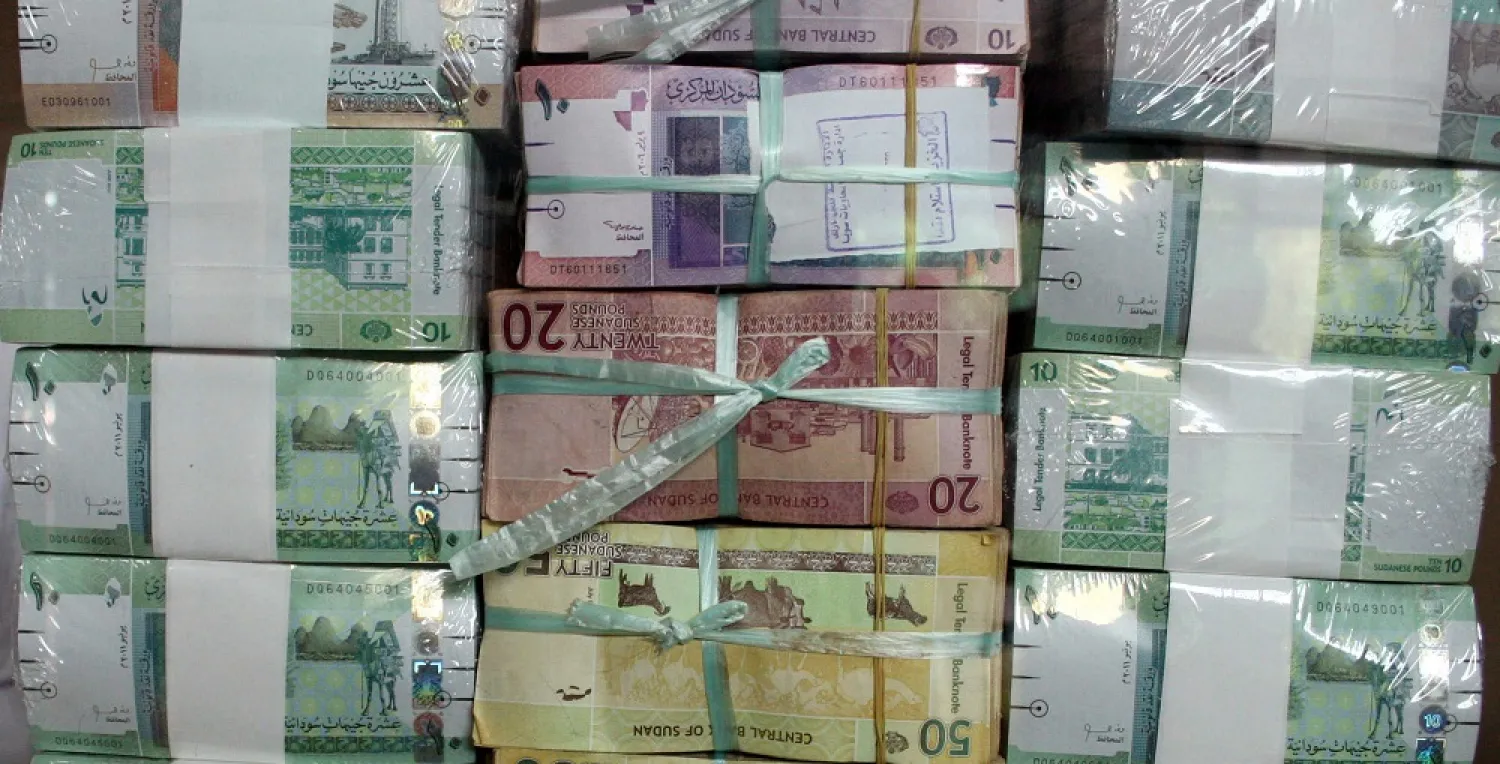Sudan’s pound fell to a record low on the black market, traders said on Monday.
The dollar was selling for 100 Sudanese pounds in cash transactions compared to 88 pounds a week ago, as the gap with the official rate of 45 to the dollar continues to widen.
The country’s ruling sovereign council and cabinet agreed the budget in December - the first since the toppling of longtime ruler Omar al-Bashir, whose final years in power were marked by deep economic woes.
The central bank has been printing Sudanese pounds equivalent to $200 million a month to buy and export gold to finance subsidized commodities, mainly fuel and wheat, which has led to “explosive inflation and near freefall of the exchange rate in the parallel market”, the finance ministry said in a 2020 budget statement in December.
Sudan’s economy was hit hard when the south of the country seceded in 2011, costing it three-quarters of its oil output, a crucial source of foreign currency.









